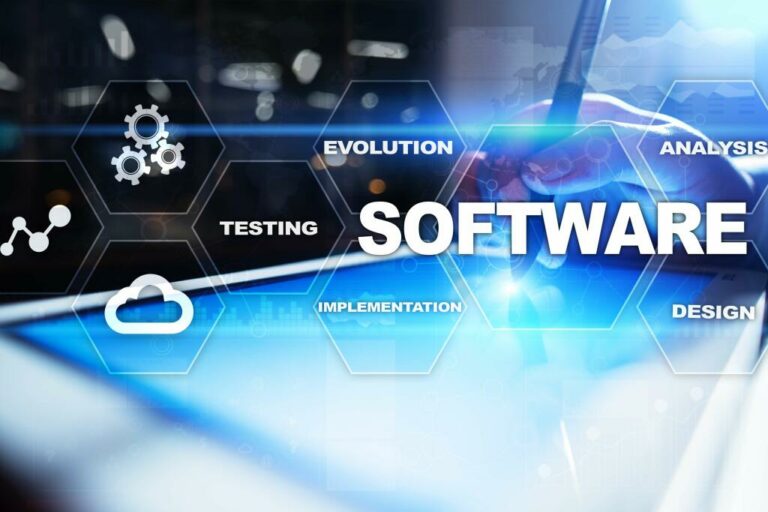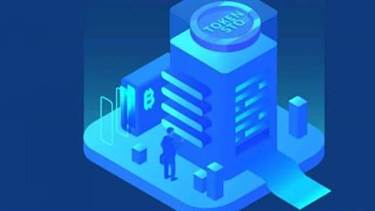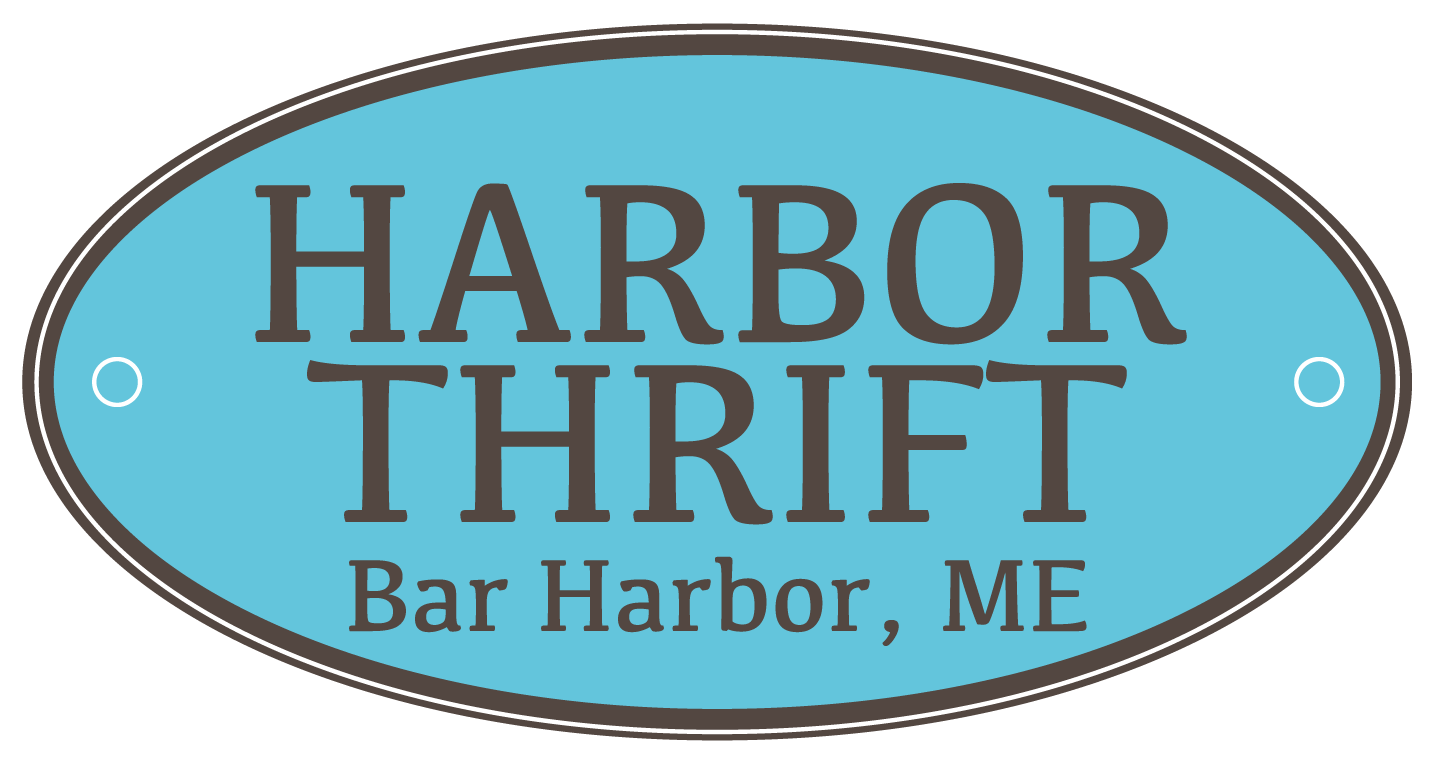Содержание
- Python: A Versatile Development Language
- Customer Relationships Management Crm
- Types Of Enterprise Application Software
- What Are Enterprise Software
- What Does A Good Enterprise Software Architecture Signify?
- Enterprise Application Software
- Top 5 Enterprise Application Development Technologies 2022
- Enterprise Software
When an enterprise reaches a certain size, it becomes impossible to conduct all the marketing activities manually. You can’t personally talk to every lead, reply to every message, and post updates on Facebook, LinkedIn, or Twitter in real-time. A customizable dashboard displays all important metrics, visualizes data, and allows HR managers to generate customizable. Together, we’ve created a custom SaaS platform and an IoT solution that takes readings from utility meters across the country. Consumers can use these readings to assess the energy efficiency of their buildings.

Involving the public is also a feature that makes this solution perfect for exploring untapped ideas that can generate indispensable value. Focused on collecting ideas and providing a platform to vote, IdeaScale also supports other means of innovation, including workflow automation, team building, idea collaboration, and many more. Enterprises use survey software to support any aspect that connects them with an audience, no matter if there are clients or customers in question, or business partners. Surveys can provide insights for marketing campaigns, helpdesk, satisfaction levels of employees, or general feedback about specific business questions. SurveyMonkey leads the way, we can see it with a strong 4.6 Capterra rating and 4.4 in G2Crowd. Enterprise application integration helps reduce an organization’s dependence on individual software vendors by abstracting business policies or rules from the application and into a middleware framework.
Python: A Versatile Development Language
Human Resource Management is a method of managing people of various organizations in a mannered and structured way. The bigger the enterprise is, the more complicated it is to look for deserving job candidates. There are a lot of everyday tasks that can be automated with this software such as hiring, management of payroll, planning of workforce, management of performance, reporting, training of employees and engagement.

As we’ve covered, Enterprise software is a term used to describe computer programs that are designed for use by large businesses, government agencies, and organizations with complex needs. This makes it easy for companies with multiple departments or locations to share data across their organizations without having to create separate copies of information for each group or location. Enterprise applications are different than other types of business applications because they often require a lot of customization to fit a particular business’s needs.
They are essentially computer-based business tools that make up an enterprise’s core services, including production management, procurement, accounting as well as the customer database. Enterprise software forms an essential part of any enterprise, whether it is an SME, self-employment business, or entrepreneurship. It helps these established, large-scale businesses manage internal processes.
Customer Relationships Management Crm
Learn about how it impacted HR Tech market from the examples of the most successful startups in Europe. The global rise of this technology reinforces its projected growth – in Europe alone it is expected that 5G users are expected to increase to around 40 percent of all connections. Drugs and equipment testing at healthcare and medical institutes are carried out with AI.
This can all be remedied with a cloud solution that offers storage, security, mobility, and maintenance. Technological innovations such as artificial intelligence and machine learning have already become part of everyday business processes. However, new technological advancements will propel future business growth.

Through evolving technology, modern enterprises are constantly seeking new opportunities and growth. Creativity, innovation, and entrepreneurship are paving the way for companies to develop software to streamline operations, improve productivity and ultimately foster genuine market impact. There are many different types of enterprise software that serve different functions within an organization.
Types Of Enterprise Application Software
This involves leveraging automation to the fullest extent, creating automated testing and release management strategies, and embracing DevOps and Agile. Each enterprise software solution is designed for a specific business goal and offers different functionalities. The major players in this market are SAP AG, Oracle Corporation, Microsoft Corporation, Infor Inc., Kronos Incorporated, and IBM Corporation.
As the lifeblood of modern business, enterprise applications can be complex in nature – tailored to individual business needs, linked to one another, and sharing data across the business. Needless to say, with every successful project comes invaluable experience, but more testing https://globalcloudteam.com/ scenarios are ones that need to be shared to help provide solutions and prevent repetition. This is not only important for small businesses but enterprises are even more pressured to acquire the best possible data management processes and ensure stable development.
Enterprise application software has the ability to handle huge amounts of data with a high precision level. It makes sure the information is accurate because of the complex architecture. Let’s check out the major types of enterprise applications used by businesses. An Enterprise Applications is a platform of software systems which has been designed to work in business environments. Enterprise application, enterprise software, and enterprise application software, are all the same terms used for a software used by business to help an organization in solving the issues of a business.
- Such as, it helps in promoting products through various communication channels, gives marketing analytics, data generation and reporting.
- Thanks to the great data analytics tools, it can now improve the resource allocation and consumption of energy.
- Experts like BoTree Technologies can easily assist enterprises with creating HRM, CMS, CRM, ERP, and all other types of enterprise software.
- These reports can also be downloaded and business leaders can analyze them in real-time and take necessary steps at right time.
- This data can be accessed from anywhere via mobile devices and web browsers, allowing employees to easily access this information even when they’re on the go.
Each type of enterprise software solution focuses on specific goals and offers different functionalities. When deciding on which type of information system to choose, make sure it complies with strategic planning and major goals of your business. It provides thorough data analytics, giving organizations insights into how to build stronger customer relations and improve the quality of service. Pipedrive is a CRM enhanced with rich features to improve work of marketers and business development managers.
What Are Enterprise Software
The SCM system streamlines your entire supply chain, ensures a smooth flow of goods from supplier to customer, and makes these processes adjustable to market shifts. Corporations require them to collect, process, and interpret a vast amount of data, tying together lots of business processes and enabling the flow of data between units to run operations efficiently. Apps such as those conceptualized by enterprise mobile app development services, have a non-negotiable scope to scale. However, the Microkernel Architecture is grounded on designs of the product and naturally suited to apps that are smaller in size. A custom software development company could test plug-in prototypes in isolation and see for performance issues without affecting the core of the architecture.

Enterprise applications are typically designed to interface with other enterprise applications used within the organization. According to Martin Fowler, “Enterprise applications are about the display, manipulation, and storage of large amounts of often complex data and the support or automation of business processes with that data.” The software is intended to solve an enterprise-wide problem, rather than a departmental problem.
An enterprise application should handle the stress of the entire organization using it every day. During the two-year cooperation, ScienceSoft performed manual testing of the Customer’s PLM platform, a BI solution, and a data warehouse. In the course of the company’s growth and the platform’s merging with another solution, our test automation team developed a functional UI testing suite to optimize testing time.
What Does A Good Enterprise Software Architecture Signify?
Enterprise-level companies imply big systems with numerous stakeholders, different technologies, methodologies, and regulations. ECM software ensures all information and documentation stays safely protected and easily accessed by authorized personnel. This can include purchase orders, customer data, invoices, contracts, confidential data such as budgets, etc. Business intelligence apps are aimed at data analysis and the provision of accurate information for effective decision-making. This practice helps companies reduce expenses, learn what works best, and reveal the actions that should be replaced or eliminated.
Enterprise Architecture Tools Market Size and Scope 2022 Research Report by Industrial Growth, Key Players, Product Analysis, Developments and Forecast Analysis till 2026 – Digital Journal
Enterprise Architecture Tools Market Size and Scope 2022 Research Report by Industrial Growth, Key Players, Product Analysis, Developments and Forecast Analysis till 2026.
Posted: Mon, 26 Sep 2022 11:19:39 GMT [source]
It is typically hosted on servers and provides simultaneous services to many users, typically over a computer network. This is in contrast to a single-user application that is executed on a user’s personal computer and serves only one user at a time. What unifies the examples mentioned above is that employees in an enterprise setting will require access to a vast amount of information or functions to carry out their job roles. These job roles can range from sales, customer support, IT to finance and even analytics. Software development companies can take advantage of the rise in 5G customers and increased coverage. This year, as more organizations battle it out in the highly competitive enterprise software development market, enabling your software app or platform to take full benefit of 5G features will be imperative.
Enterprise Application Software
Capterra gives this company a rating of 4.4 stars, while G2Crowd reviewers give it 4.2 stars rating, making it a great CRM solution for companies looking to unify their sales and customer undertakings. Enterprise application integration creates an opportunity for common facades or common interfaces that can access multiple applications. This streamlines administrative processes and helps employees be more productive using enterprise applications. Enterprise software, also known as enterprise application software , is computer software used to satisfy the needs of an organization rather than individual users. Such organizations include businesses, schools, interest-based user groups, clubs, charities, and governments.
Businesses should cater to these requirements through a single- multifunctional application. With software as a service , the cloud can now provide most organizations with a simpler solution to fulfill their EAS needs. SaaS solutions are available for organizations regardless of the type of software needed. Services like Zendesk for CRM, Microsoft Dynamics 365, SAP ERP, and Salesforce provide comprehensive EAS solutions that can be easily customized to support any workflow of an enterprise.
Your customers want to feel that they can get help when they need it, and they expect the best service possible. If they reach out to customer support and don’t get what they need, they are likely to be dissatisfied with their experience and may even take their business elsewhere. While every business has its own set of needs, there are some commonalities that all enterprises face. One such commonality is that they want to provide their employees with the tools they need to get their job done as efficiently as possible.
It makes the everyday work of manufacturers, suppliers, managers and retailers more convenient. For all the companies, it helps track and communicate with each other, creating better processes, and delivering ready-made products to the users faster. Analytical CRM helps in creating improved processes to respond to the desires of a customer.
